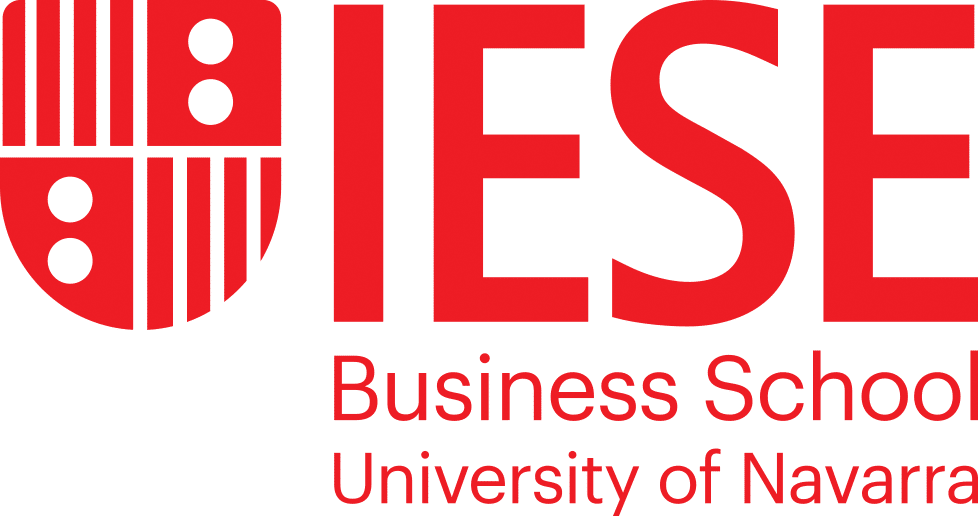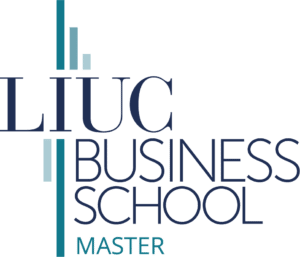Strategy & Competitiveness
Strategy and Competitiveness is one of the major areas of expertise of The Decision Institute and therefore one of the four academic centers. Our mission is to develop practical, research-based frameworks; and educate and advise leaders and policymakers.
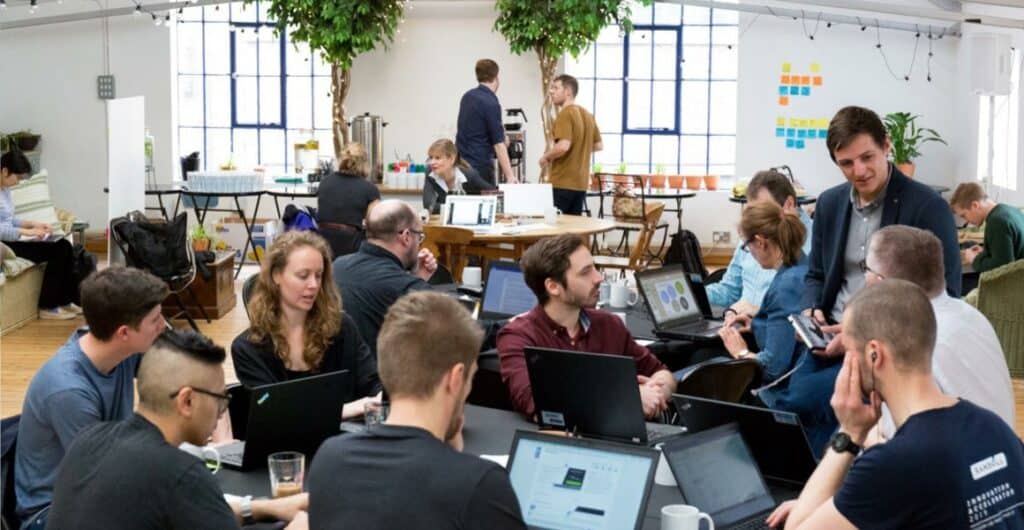
Download our free guide
“Revealed competition between cluster organizations"
Today’s economic map of the world is characterized by “clusters.” A cluster is a geographic concentration of related companies, organizations, and institutions in a particular field that can be present in a region, state, or nation. Clusters arise because they raise a company’s productivity, which is influenced by local assets and the presence of like firms, institutions, and infrastructure that surround it.
Clusters implementation and upgrade is one of our key center area of study. Download our latest guide on clusters competition dynamics.
Clusters and competitiveness
We support the development of both academic knowledge and business pragmatics, nationally and internationally, on the topic of clusters.
Thus we offer our customers the following:
- Support to build international networks, by offering access to our global network as well as providing inhouse trajectories to develop international strategies.
- In-house, Open and Degree Programs, for international professionals, executive and (MBA) students.
- Cluster related study tours, in the Netherlands and internationally
- Academic support, on case teaching.
The Dutch Flower Cluster
Harvard Business Case
The Dutch Flower Cluster case is an official Harvard Business School case on the success of the Dutch flower sector. Prof. Dr. Fred van Eenennaam (Dean of The Decision Institute) is co-writer of the case together with Professors Michael E Porter, and Jorge Ramirez Vallejo (Harvard Business School). The case has been created in cooperation with FloraHolland.
Education Programs
UNIC Spring School
This special fast-track Microeconomics of Competitiveness (MOC) class had the unique opportunity today to discuss the Dutch Flower Cluster with its author, Prof Dr Fred van Eenennaam.
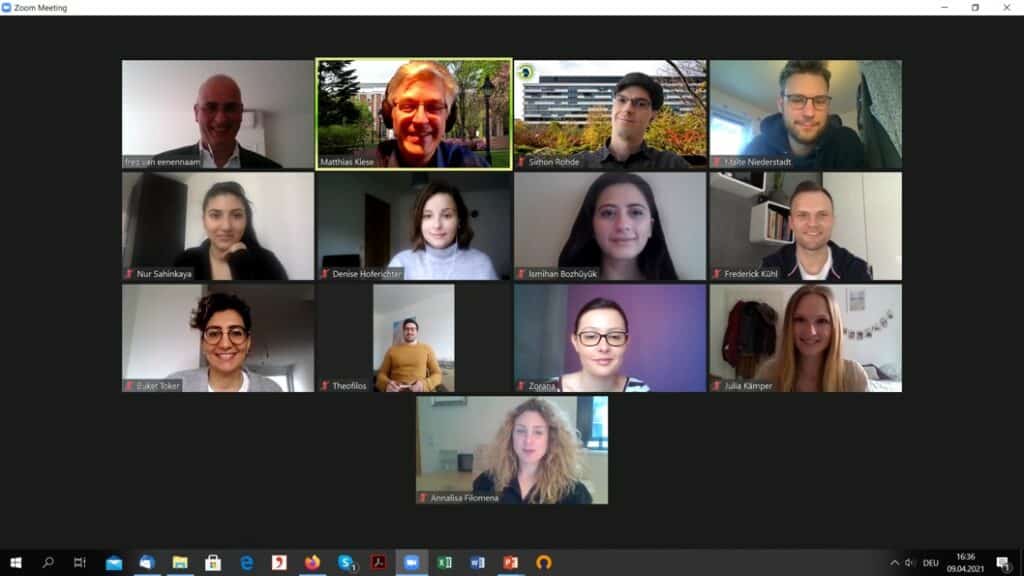

LIUC - Strategic Entrepreneurship Advanced
An engaging discussion with Prof. Dr Fred van Eenennaam of four cases with HBS dynamics: Pied Piper Vehicles, Dropbox, Lego, Rocket Internet and Intel!
Nederlands Instituut voor Register Valuators
Winnen met Amazon: Hoe verkopende partijen Amazon voor hen kunnen laten werken.
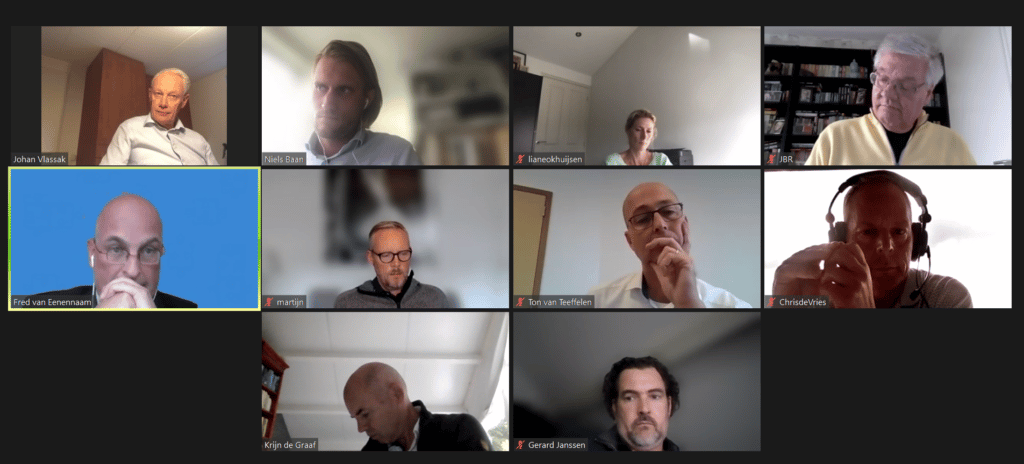
What is Strategy & Competitiveness
The Center for Strategy and Competitiveness contributes to the content of (inter)national programs in its field. Amongst others, the Center is involved in the design, management and teaching of the following programs.
Microeconomics of Competitiveness Course
Developed by Professor Michael Porter and the staff and affiliates of the Institute for Strategy and Competitiveness, the MOC course on competitiveness and economic development address the subject from a bottom-up, microeconomic perspective. We teach the MOC course yearly for different institutions affiliated with our networks like LIUC Business School, the International University of Monaco, and UPAEU.
The New CFO
This program focusses on the CFO. Since 2008, more attention has been raised on the role of the CFO. The CFO of a business has to look into the strategy, business models, the risks and also the changing relationship with share- and stakeholders. The New CFO program at the Erasmus University Rotterdam has been developed to create insight in the relevant themes and dilemmas, and to start a discussion with high-end speakers from science and “thought leaders” of international practice.
Strategy, Competitiveness and Governance
This course within the “Executive Master of Finance & Control” program (in Dutch: Opleiding tot Registercontroller) at Erasmus University Rotterdam focuses on the professional perspective of the controller on gaining knowledge and understanding of various aspects of strategic management. In seven lectures the most important aspects of Strategy, Competitiveness and Governance are highlighted.
Gaining strategic insight is key.
Case studies
Partner with us

